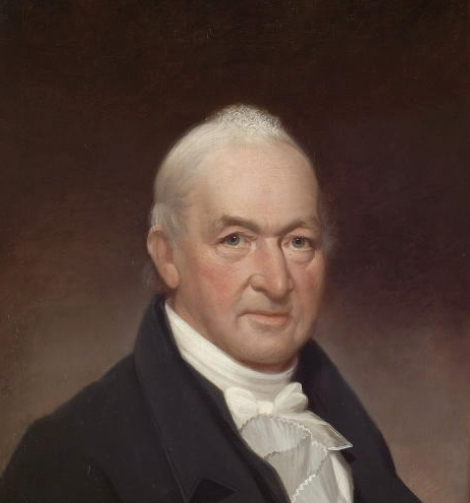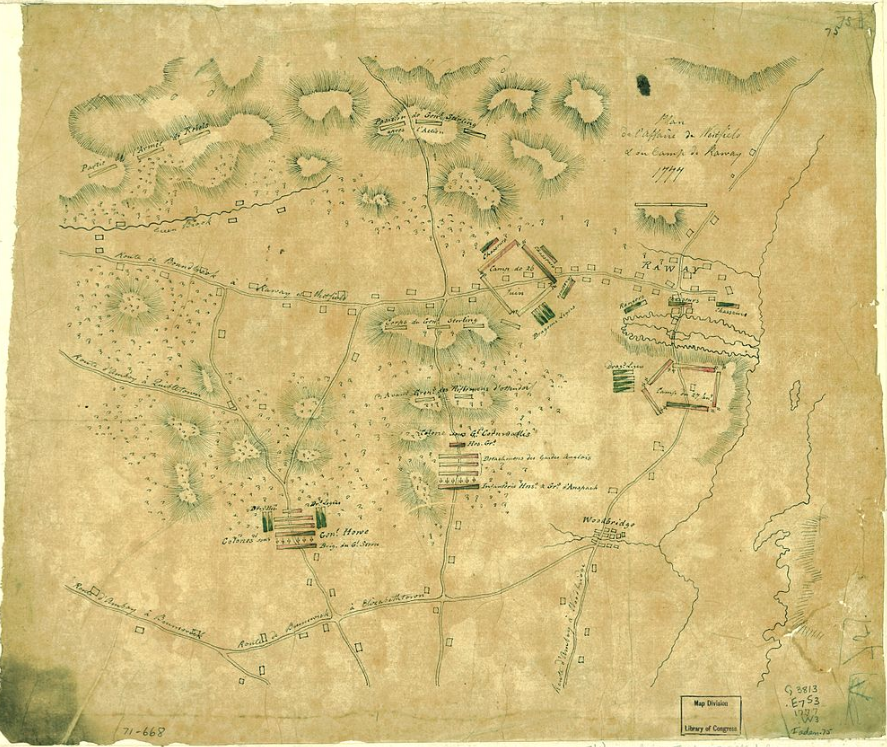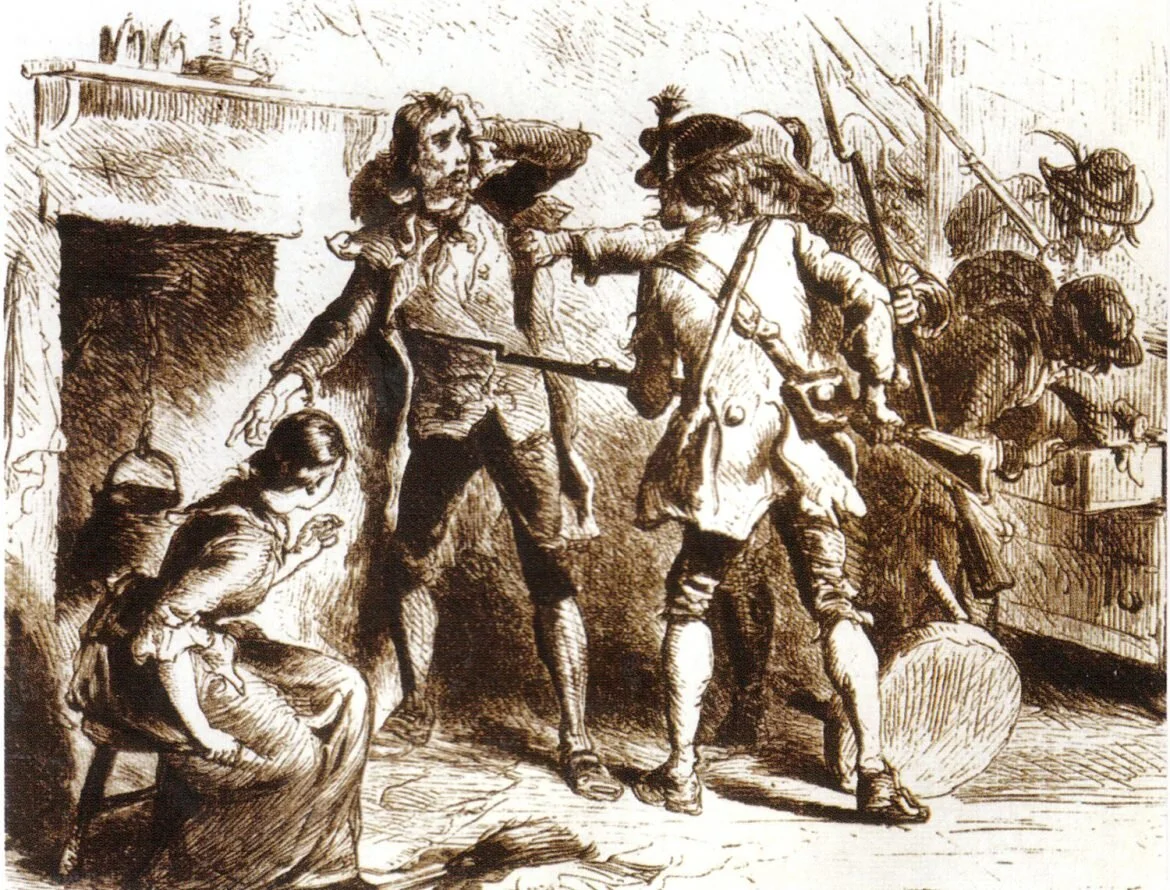After Espionage - Benjamin Tallmadge's Last Stand
Benjamin Tallmadge has become famous over the last few years as the leader of the Culper Spy Ring.
Though the television show TURN used a significant amount of artistic license, Benjamin’s role as Head of Intelligence for the Continental Army was extremely important to success in the Revolutionary War.
Today’s article focuses primarily on the overlooked achievements in Tallmage’s later life, notably his 16 years as a member of the minority party in the House of Representatives.
Benjamin Tallmadge
Benjamin Tallmadge was a recent Yale graduate and schoolteacher when the American Revolutionary War began.
Soon after news of his old friend Nathan Hale’s death arrived, Tallmadge joined the Continental Army as a Major
By 1777, Benjamin was approached by General Washington to oversee intelligence gathering in New York City.
Ringleader
In short, Tallmadge worked with several childhood friends on Long Island to form the Culper Ring. This group of amateur spies provided Washington with a tremendous amount of useful information which assisted in winning the war.
Additionally, Benjamin oversaw a brief invasion of British-held Long Island where he destroyed a large store of supplies.
Furthermore, when Major John Andre (Benedict Arnold’s British co-conspirator) was awaiting execution Tallmadge was responsible for chaperoning him.
Success and Philanthropy
After the war, Benjamin became wealthy with his mercantile firm.
He began donating money to several local churches as well as founding the Litchfield Society Ameliorating the Condition of the Jews. This group was an early attempt at ending antisemitism in the United States and demonstrates both Tallmadge’s kindness as well as changing attitudes toward minority religions at the time.
He also went on to create schools for Native American children (though the goal was to assimilate them and destroy their heritage, as was common at the time).
Taking a Stand
In 1801, Tallmadge was elected to the United States House of Representatives.
He would spend a total of 16 years as a Congressman, representing the Federalist minority throughout the Jefferson and Madison Administrations.
In the final year of his service, Tallmadge became the first member of the Culper Spy Ring to (partially) break the silence.
The three men who arrested John Andre almost 40 years earlier were requesting increased pensions for their famous capture.
The Congress, all enamored with the tale, were prepared to award them to this.
Tallmadge took the floor and railed against these men, who he viewed as cowardly opportunists who would have let Andre go free if he had more money. In fact, he said, these men only found the correspondence from Benedict Arnold because they were looking for more money in his boots.
According to author Alexander Rose, he was even standing up for Andre, who also risked his life gathering intelligence for a cause he believed in.
More importantly, Benjamin was standing up for his team who had assisted their nation so many decades earlier.
Who else was in the Culper Ring?
So far I’ve written about two other members:
Austin Roe - Washington’s Spy on Horseback
Caleb Brewster Row Row Rows His Boat
Although TURN might have a ton of factual inaccuracies, the book it’s based on does not.
‘Washington’s Spies’ is the first (and most popular) of the recent wave of American Revolution Spies books. I’ve read it several times and even referenced it for this article.
If you’d like a copy you can get one through the Amazon affiliate link below (you’ll support this site, but don’t worry, Amazon pays me while your price stays the same).
Want to get fun American Revolution articles straight to your inbox every morning?
Subscribe to my email list here.
You can also support this site on Patreon by clicking here.
Thanks for your support!






